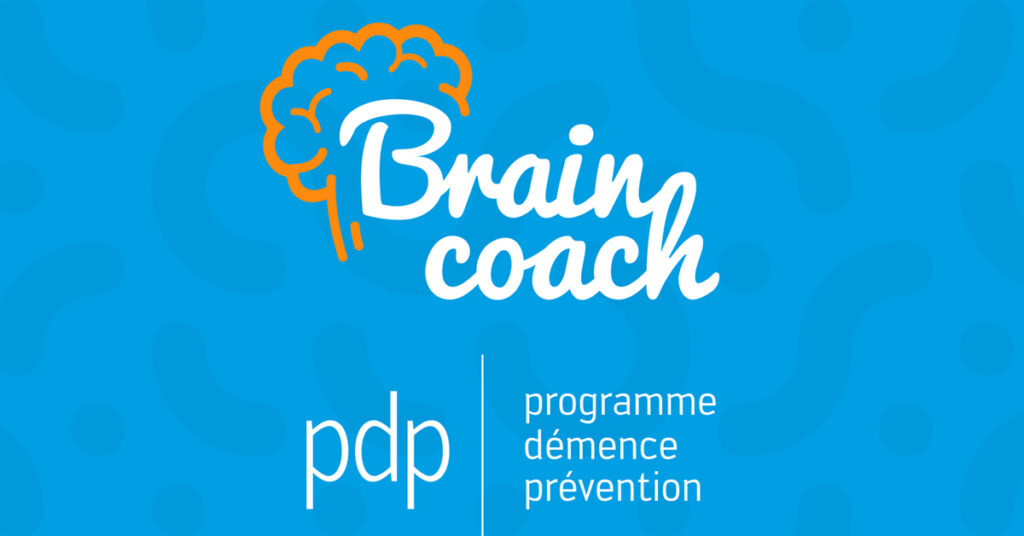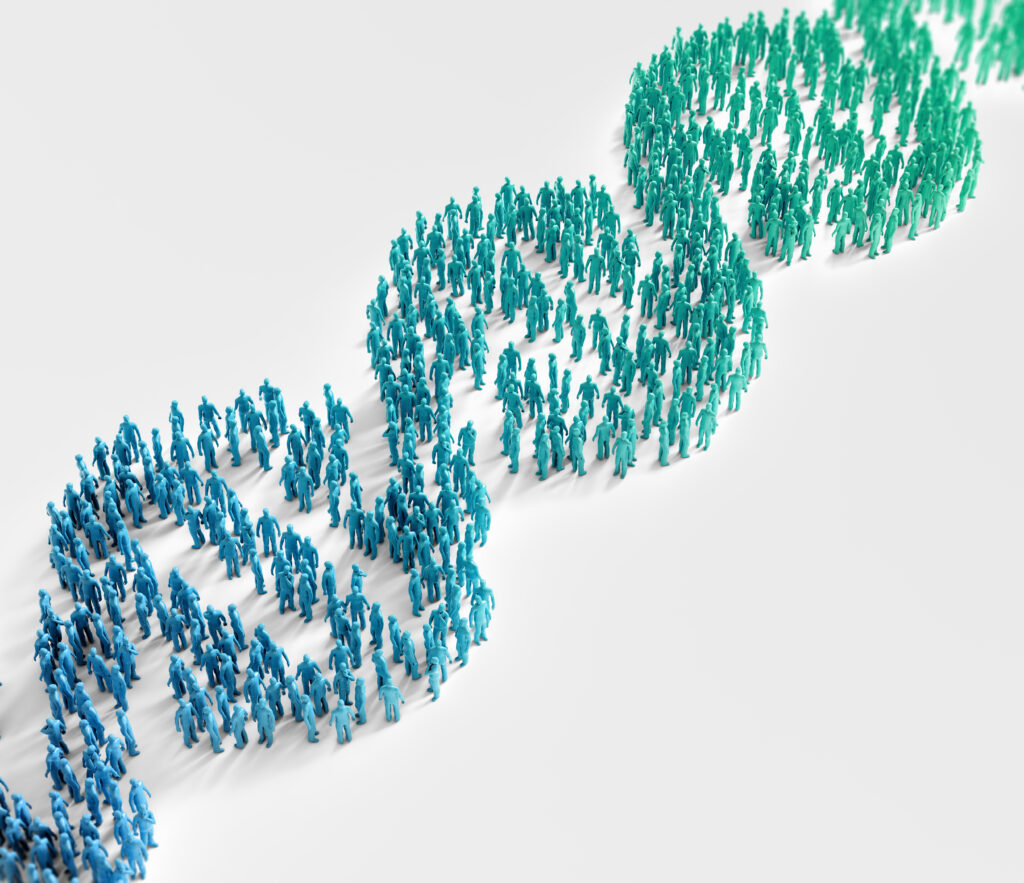News
Supporting Alzheimer’s disease research: IBBL develops assay to assess the quality of cerebrospinal fluid samples
- Integrated Biobank of Luxembourg (IBBL)
- Parkinson’s Disease
- Precision Health
- Translational Medicine Operations Hub (TMOH)
Kathleen Mommaerts, doctoral candidate and scientist within the Biospecimen Science Research Group at IBBL, and Dr Monica Marchese, Translational Biomarker Group Leader at IBBL, developed a novel quality assessment tool to verify the integrity and fitness-for-purpose of cerebrospinal fluid (CSF) biospecimens to be used in the context of Alzheimer’s disease research.

The team had previously observed that, when cerebrospinal fluid was stored at -20 °C for 3 months, the integrity of certain proteins commonly found in CSF was compromised. Specifically, protein cystatin C, which is involved in Alzheimer’s disease and is considered as a brain tissue biomarker in this disorder, showed a particular breakage that was not however reported when CSF was stored at -80 °C.
“We therefore aimed to develop an immunoassay that would act as quality assessment tool to detect this specific N-terminal octapeptide cleavage of cystatin C that occurs when CSF is stored at -20 °C”, explains Kathleen Mommaerts, corresponding author of the study.
The researchers therefore devised a monoclonal antibody as well as a specific type of ELISA assay. The former assay quantifies the intact uncleaved protein, while the latter quantifies the total cystatin C present in the CSF sample (in both cleaved and uncleaved forms). The team calculated the ratio of these concentrations to assess the extent of cleavage of cystatin C and subsequently validated and applied the novel assay in a short-term (up to 4 weeks) and mid-term (up to one year) stability study of CSF stored at 4°C, -20°C, -80°C and in liquid nitrogen. They observed that the ratio of truncated protein was only modified following storage at -20 °C, most likely due to an increased susceptibility of the protein to the activity of protein-degrading enzymes at -20 °C, thereby confirming the validity of the assay in detecting this particular type of molecular damage under these specific storage conditions.
“Using this simple novel double assay, researchers will be able to easily and quickly confirm that their CSF biospecimens are intact and fit for the purpose of their intended research, including biomarker discovery and validation in the context of neurodegenerative and neuroinflammatory diseases such as multiple sclerosis and Alzheimer’s”, explains Kathleen Mommaerts.
“Indeed, biomarker discovery and validation critically depend on the molecular quality of the biospecimens used. Suboptimal long-term storage conditions of CSF can induce molecular degradation and introduce bias in biomarker studies, thereby compromising the validity of research results and hindering the development of new therapies for patients. Storing CSF samples at -80 °C therefore increases the stability of CSF protein biomarkers, compared to freezing at -20 °C, thereby ensuring their quality”, she concludes.
The results were published in the Journal of Alzheimer’s Disease with the full title “A Cystatin C Cleavage ELISA Assay as a Quality Control Tool for Determining Sub-Optimal Storage Conditions of Cerebrospinal Fluid Samples in Alzheimer’s Disease Research”. The study was performed in collaboration with the Luxembourg Centre for Systems Biomedicine (LCSB) of the University of Luxembourg, the Amsterdam University Medical Center and the Amsterdam Alzheimer Center.







